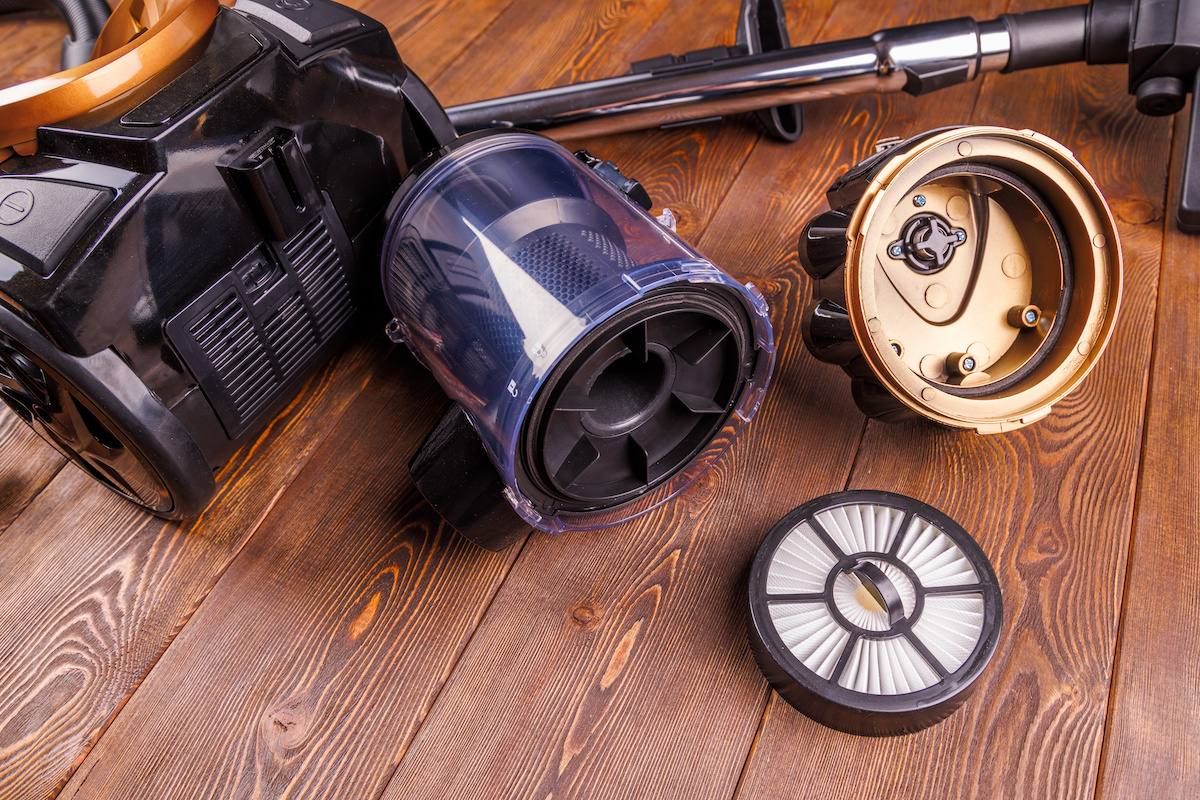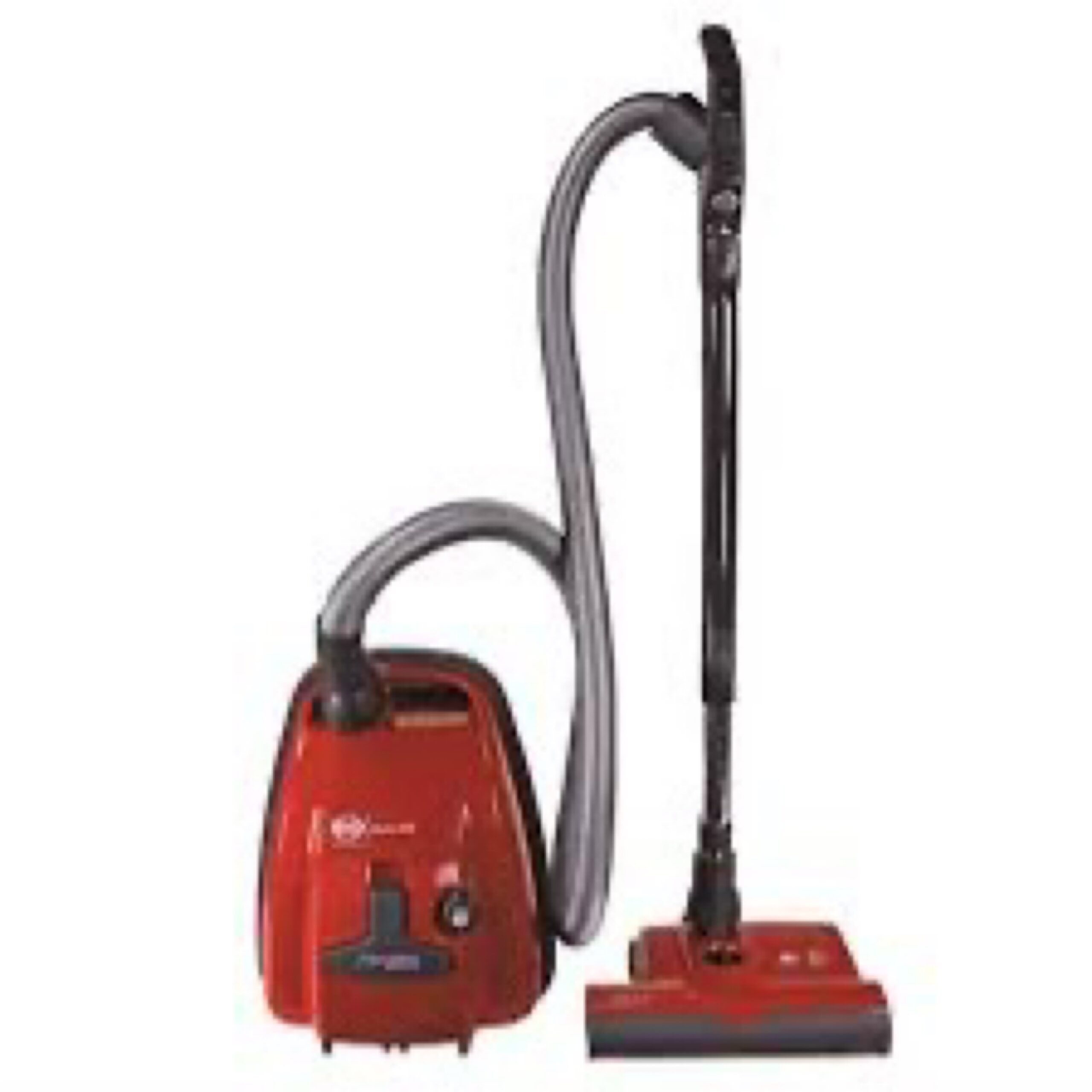Vacuum cleaners are essential household tools, helping to keep our homes clean and free of dust and debris. However, like any mechanical device, they can sometimes stop working. Understanding the common reasons why vacuum cleaners fail can help you decide whether to repair yourself, at a shop, or replace your machine. While some issues might be easy to fix, others are best handled by professionals.
Common Causes of Vacuum Cleaner Failure

- Clogged Filters and Hoses
One of the most common reasons a vacuum cleaner stops working is clogged filters or hoses. Over time, dirt, dust, and debris can build up, obstructing airflow and reducing suction power. Regularly checking and cleaning filters and hoses can prevent this problem. However, if you notice a significant loss of suction despite cleaning, it may indicate a deeper issue that requires professional attention.
- Full or Malfunctioning Dust Bag or Canister
A full dust bag or canister can also cause a vacuum cleaner to stop working. Many modern vacuum cleaners have sensors that shut off the machine when the bag or canister is full to prevent overheating. Emptying the bag or canister regularly can prevent this problem. If the machine still doesn’t work after emptying, the sensor itself might be faulty, necessitating a trip to a repair shop.
- Damaged or Worn Out Belts
The belt is a crucial component that drives the brush roll in many vacuum cleaners. Over time, belts can become worn out or break, leading to the brush roll not spinning and a significant loss in cleaning efficiency. Replacing a belt is generally straightforward, but if you are unsure how to do it or if the belt breaks frequently, it might be best to consult a professional.
- Motor Issues
The motor is the heart of the vacuum cleaner. If it fails, the vacuum will not function at all. Motors can burn out due to excessive use, overheating, or age. Signs of motor problems include strange noises, burning smells, or the vacuum not turning on. Motor repairs are complex and often require specialized knowledge and tools, making it a task best left to professionals.
- Electrical Problems
Electrical issues can range from simple to severe. A common problem is a faulty power cord, which can become frayed or damaged over time. Other issues might include malfunctioning switches, blown fuses, or internal wiring problems. Diagnosing and fixing electrical issues can be dangerous without the proper expertise, so it’s advisable to take the vacuum to a repair shop.
- Blocked or Dirty Filters
HEPA and other filters are designed to trap fine particles and allergens. When these filters become blocked or dirty, they can restrict airflow and reduce suction power. Regular maintenance includes cleaning or replacing these filters as per the manufacturer’s instructions. Persistent problems with filters may require professional cleaning or replacement.
- Brush Roll Problems
The brush roll is essential for agitating carpet fibers and lifting dirt. Hair, string, and other debris can get tangled in the brush roll, causing it to stop spinning. Cleaning the brush roll can often resolve this issue, but if the brush roll is damaged or the bearings are worn out, it will need to be replaced. A repair shop can handle this replacement effectively.
- Suction Loss
Loss of suction can be due to various reasons, including blockages, leaks, or damaged seals. If your vacuum cleaner has lost suction, check for visible blockages in the hose or brush roll area. If no blockages are found, there might be an internal issue affecting the machine’s airtightness. A professional technician can diagnose and fix these internal problems.

When to Take Your Vacuum Cleaner to a Professional
While some vacuum cleaner issues can be resolved with basic troubleshooting, others require specialized knowledge and tools. Here are some situations where it’s best to seek professional help:
- Complex Electrical Issues: Electrical repairs can be hazardous. Professionals have the necessary training to handle these issues safely.
- Motor Problems: Replacing or repairing a motor is complex and often requires precision and expertise.
- Persistent Suction Loss: If you can’t identify the cause of suction loss, a technician can perform a thorough inspection and repair.
- Warranty Considerations: If your vacuum cleaner is still under warranty, attempting to repair it yourself may void the warranty. Taking it to an authorized repair center ensures that any work done is covered by the warranty.
Benefits of Professional Repair Services
- Expertise and Experience
Professional repair technicians have extensive training and experience in diagnosing and fixing a wide range of vacuum cleaner problems. They can quickly identify issues that might not be obvious to the average user.
- Proper Tools and Parts
Repair shops have access to specialized tools and genuine replacement parts that might not be readily available to consumers. This ensures that repairs are done correctly and efficiently.
- Safety
Handling electrical components and motors can be dangerous without the proper knowledge and tools. Professionals can perform these repairs safely, reducing the risk of injury or further damage to the vacuum cleaner.
- Cost-Effective
In many cases, repairing a vacuum cleaner is more cost-effective than replacing it. Professional repairs can extend the life of your vacuum cleaner, saving you money in the long run.
- Convenience
Taking your vacuum cleaner to a repair shop saves you the hassle and time of troubleshooting and fixing the problem yourself. Professionals can often complete repairs quickly, getting your vacuum back to you in working order.

Final Word
Vacuum cleaners are essential tools for maintaining a clean home, but they can encounter problems that affect their performance. Understanding common causes of vacuum cleaner failure can help you decide when to seek professional help. Whether it’s clogged filters, motor issues, or electrical problems, taking your vacuum cleaner to a professional repair shop can ensure it is fixed correctly and safely. The next time your vacuum cleaner stops working, consider visiting a local vacuum cleaner store or repair shop for expert assistance.




